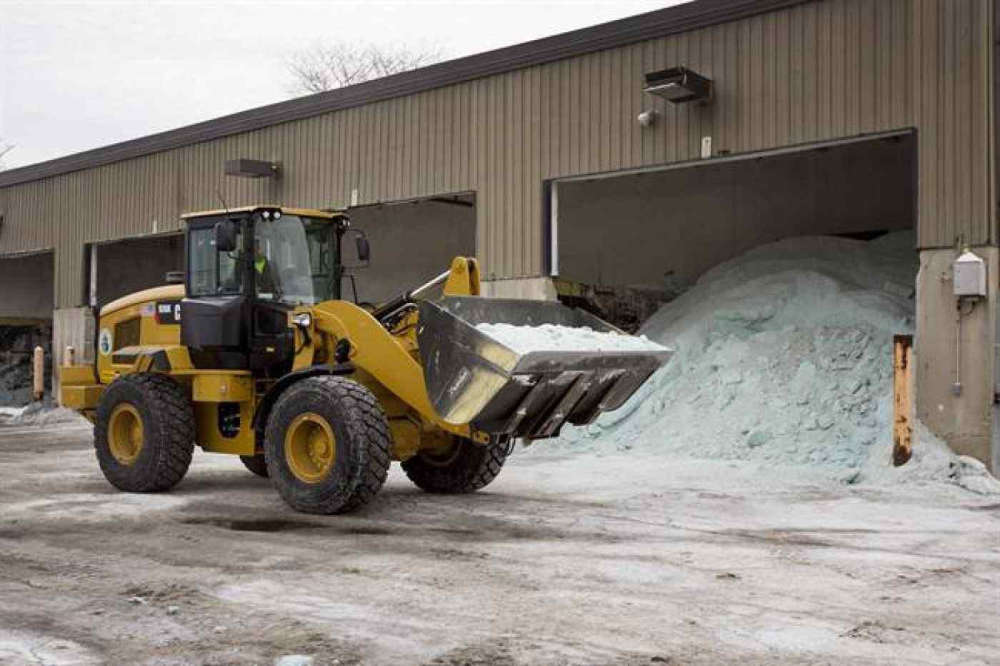
One quarter of Muskoka lakes have chloride levels above 10mg/L
Bracebridge General Committee committed to ongoing efforts to reduce road salt, while maintaining road safety, in the June 3, 2025, meeting.
According to the staff report, “Chloride concentrations have increased by at least 0.5mg/L in 80 of 274 (29%) of the lakes sampled by the District of Muskoka between 2018 and 2022 and by 15-fold in Lake Muskoka since 1970.”
Scientist at Queen’s University, Dr. Shelley Amott, who is also a leader in global research specializing in the impacts of road salt on lakes, has shown that essential aquatic organisms are negatively affected by exposure to levels of chloride “as low as 10mg/L, far below the 120mg/L long term or chronic exposure guideline,” indicates the report.
It adds, “Roughly one quarter of lakes sampled by the District Municipality of Muskoka now have chloride levels above 10mg/L.”
Bracebridge initiatives will include public reporting on annual use, supporting local research and education efforts regarding impacts of using road salt.
It adds that the Town also “urges the Province of Ontario to work urgently with key stakeholders to develop limited liability legislation, including enforceable contractor training and a single set of provincially endorsed standard Best Management Practices for snow and ice management on private lands.”
Other requests include the creation of an “expert stakeholder advisory committee” that can advise the province and municipalities about initiatives in support of freshwater eco systems, and impacts of salt on drinking water and infrastructure.
A copy of the resolution will go to other senior government officials and lower tier municipalities in Muskoka.
Deputy Mayor, Brenda Rhodes, said, “The more we can get names behind this the more it can get looked at, at the provincial level.”
The Town also agreed to support the Friends of Muskoka Watershed (FOMWS) “Salty Muskoka” project.
The FOMWS were recently approved for a national grant to work with citizens, lake associations and schools to create an observation network to document salt usage. They will also educate the lake associations, parking lot maintainers, stores, and track salt levels in streams that flow into lakes.
The grant is for $73,950 for the project that is slated to run from September 2024 to March 2027, with the condition that the FOMWS matches the amount.
The Town has agreed to contribute $5,000 a year in 2026 and 2027 for the project.
Councillor, Debbie Vernon, expressed appreciation for the voluntary research and scientific work of the FOMWS, recognizing them as significant contributors to the Town and Muskoka for years.
She added, “Muskoka has a specific problem” and there are solutions available that can help protect the water.
Councillor, Don Smith, said, “It’s where the rubber hits the road, where you commit dollars to what you’re saying.”
Councillor, Andrew Struthers, indicated there’s a link between the lifestyle, economy, and tourism in the region. He said, “It’s up to us to protect it.”
Director of Public Works, Scott Clayton, added that other efforts of the Town will include education, the salt used, ensuring equipment is up to date. He added, “I think it’s how we best use the salt… It’s about activating the salt, maintaining usage and tracking.”
Bracebridge commits to ongoing efforts to reduce road salt



 Environment Canada warns of intense snow squalls
Environment Canada warns of intense snow squalls
 Health Unit says flu levels on the rise
Health Unit says flu levels on the rise
 Bracebridge Council approves $176,000 for assessment of old library
Bracebridge Council approves $176,000 for assessment of old library
 Carbon Monoxide alarm rules change on January 1st
Carbon Monoxide alarm rules change on January 1st
 Colourworks joins Business Cares Program
Colourworks joins Business Cares Program













Comments
Add a comment